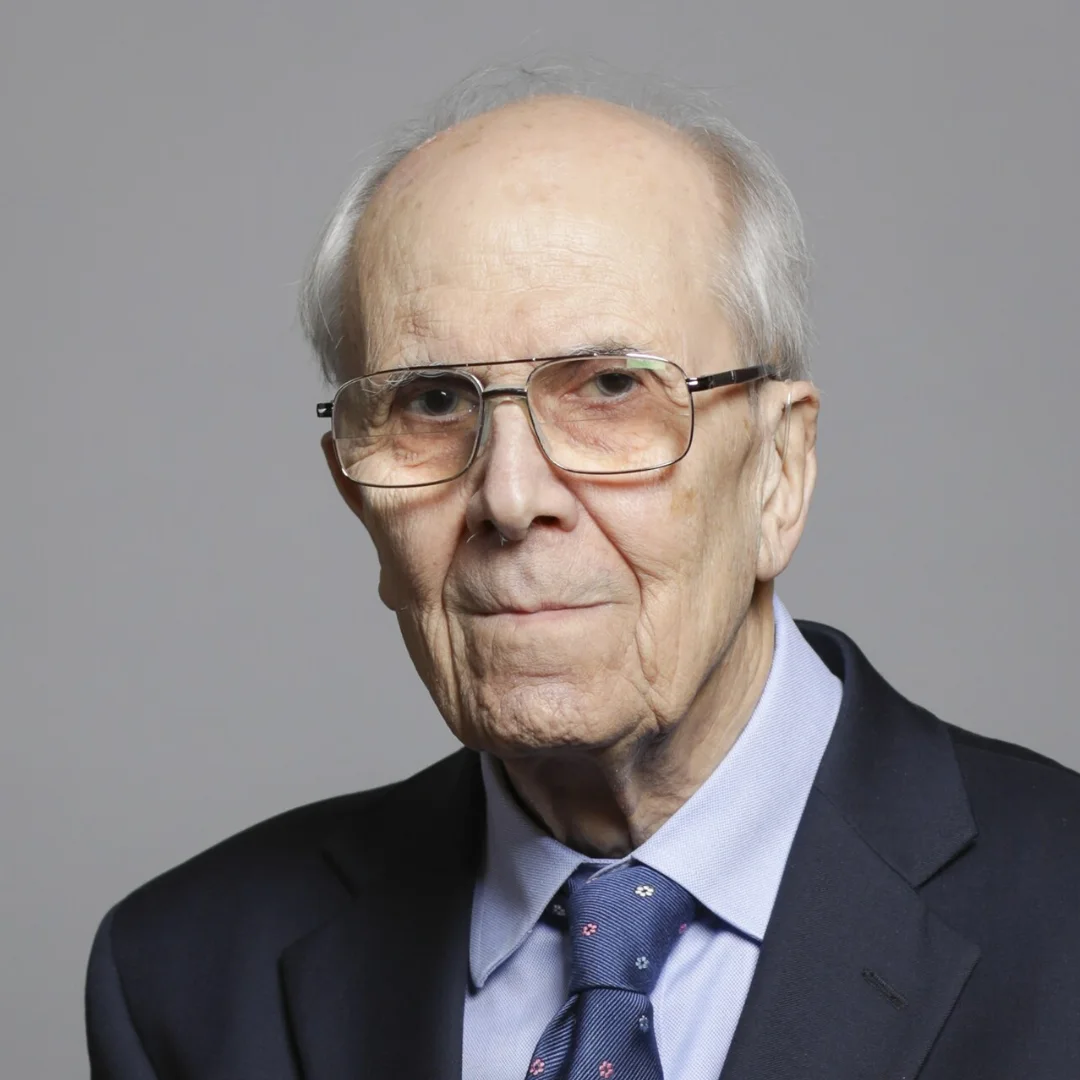Norman Tebbit, who died peacefully at home on 7 July 2025 at the age of 94, leaves behind a legacy that shaped modern British politics. Known for his unwavering loyalty to Margaret Thatcher and his fierce advocacy for Conservative values, Tebbit’s influence stretched far beyond the corridors of Westminster. His career, marked by resilience, controversy, and commitment, continues to spark debate across the UK political spectrum.
Early Life and Path to Politics
Born in Ponders End, north London, in 1931, Norman Beresford Tebbit grew up in a working-class family. His father managed a jewellery and pawnbroking shop before the Great Depression forced the family to move frequently in search of work. Tebbit’s early experiences of economic hardship shaped his views on self-reliance and personal responsibility.
After leaving school at 16, Tebbit worked at the Financial Times and later served in the Royal Air Force. He then became a pilot for British Overseas Airways Corporation, balancing his aviation career with growing political ambitions. Tebbit’s entry into politics came in 1970, when he won the Labour stronghold of Harlow for the Conservatives, beginning a parliamentary journey that would last over five decades.
Rise to Prominence in the Thatcher Era
Tebbit’s ascent in the Conservative Party coincided with the rise of Margaret Thatcher. He quickly earned a reputation as a tough, no-nonsense politician, unafraid to challenge both opponents and colleagues. In 1979, Thatcher appointed him Under Secretary of State at the Department of Trade. By 1981, he was employment secretary, tasked with confronting Britain’s powerful trade unions during a period of high unemployment and social unrest.
His most famous intervention came during the 1981 Conservative Party conference, when he responded to claims that unemployment led to riots by recalling his own upbringing: “I grew up in the 1930s with an unemployed father. He didn’t riot. He got on his bike and looked for work, and he kept looking till he found it.” This statement, later known as the “on yer bike” speech, became a defining moment of Thatcherism and a rallying cry for Conservative supporters.
Architect of Reform: Trade Unions and Privatisation
As employment secretary, Tebbit introduced the 1982 Employment Act, which increased compensation for workers dismissed for refusing union membership and required regular ballots for closed shop agreements. The Act also removed trade unions’ immunity from civil action in cases of unlawful strikes. Tebbit considered this his finest achievement in government, believing it restored balance between workers and unions.
In 1983, he became trade and industry secretary, overseeing the Thatcher government’s privatisation drive. Tebbit played a key role in attracting foreign investment, notably helping to bring Nissan’s manufacturing plant to the UK. His efforts contributed to the economic transformation of Britain during the 1980s, although his uncompromising style often drew criticism from political opponents.
The Brighton Bombing and Personal Tragedy
Tebbit’s life changed forever in October 1984, when the IRA bombed the Grand Hotel in Brighton during the Conservative Party conference. The attack killed five people and injured more than thirty. Tebbit and his wife Margaret were trapped under rubble for hours. While he suffered serious injuries, Margaret was left paralysed from the neck down. Tebbit returned to work within three months, but the couple’s lives were irrevocably altered. He later stepped back from frontline politics in 1987 to care for Margaret, demonstrating a deep commitment to family amidst personal adversity.
Party Chairman and the Thatcherite Legacy
After the bombing, Tebbit became Conservative Party chairman, revitalising the party’s organisation and preparing it for the 1987 general election. His direct approach and plain speaking made him a favourite among grassroots Conservatives. Some even saw him as a potential successor to Thatcher, though he ultimately chose not to challenge for the leadership. The 1987 election delivered a decisive Conservative victory, cementing the party’s dominance and Tebbit’s reputation as a political heavyweight.
Views on Immigration, Europe, and Social Policy
Tebbit’s views on immigration and national identity were often controversial. In 1990, he introduced the so-called “cricket test,” questioning whether immigrants could be considered truly British if they supported their countries of origin in cricket matches. This stance, along with his opposition to European integration, positioned him firmly on the right of the Conservative Party.
He remained a vocal critic of the European Union, campaigning for Brexit and supporting UKIP in European elections. Tebbit’s scepticism about Europe and his calls for stricter immigration controls influenced Conservative policy for decades. Even after retiring from the Commons in 1992, he continued to speak out in the House of Lords, challenging successive party leaders on issues of sovereignty and national identity.

Later Years and Final Tributes
Following his wife’s death in 2020, Tebbit made his final appearance in the House of Lords in 2022, ending a remarkable 52-year parliamentary career. He retired from politics three years ago, but his influence remained visible in debates over the direction of the Conservative Party.
Tributes have poured in from across the political spectrum. Current Conservative Party leader Kemi Badenoch described Tebbit as “an icon in British politics” and “an inspiration to all Conservatives.” Former colleagues and opponents alike acknowledged his unwavering commitment to his beliefs and his role in shaping modern Britain.
Norman Tebbit’s influence on Conservative Party policy post-Thatcher
Delving into how Tebbit’s political philosophy and public statements continued to shape Conservative Party debates on immigration, law and order, and Euroscepticism after Thatcher’s resignation will give readers a sense of his enduring legacy.
Norman Tebbit’s relationship with the media and public perception
Exploring Tebbit’s often combative relationship with the British press, as well as how he was viewed by the public and grassroots Conservatives, adds nuance to his reputation as both a divisive and admired figure.
Conclusion:
Norman Tebbit’s legacy is one of resilience, conviction, and controversy. He embodied the spirit of Thatcherism, championing self-reliance, free markets, and national pride. His impact on trade unions, privatisation, and the Conservative Party’s stance on Europe will be felt for years to come. As the UK reflects on his life and career, Tebbit stands as a reminder of an era when politics was fought with passion, principle, and a willingness to challenge the status quo.
Read More: Grigor Dimitrov: Wimbledon Heartbreak, Tennis Spirit
